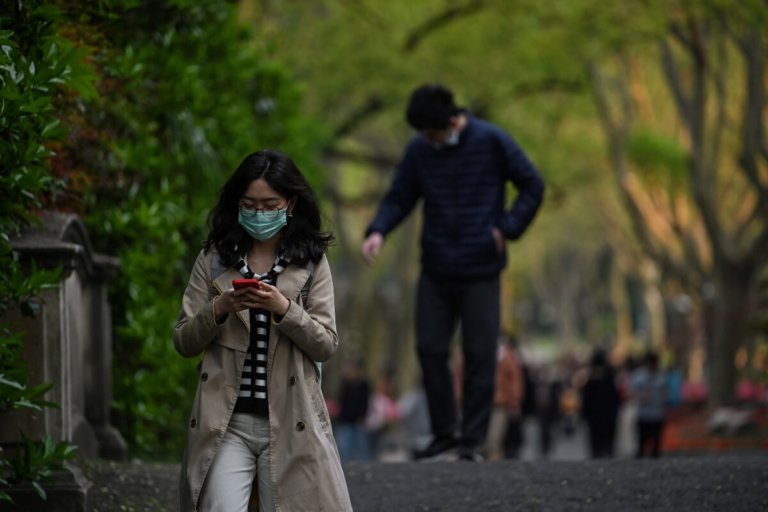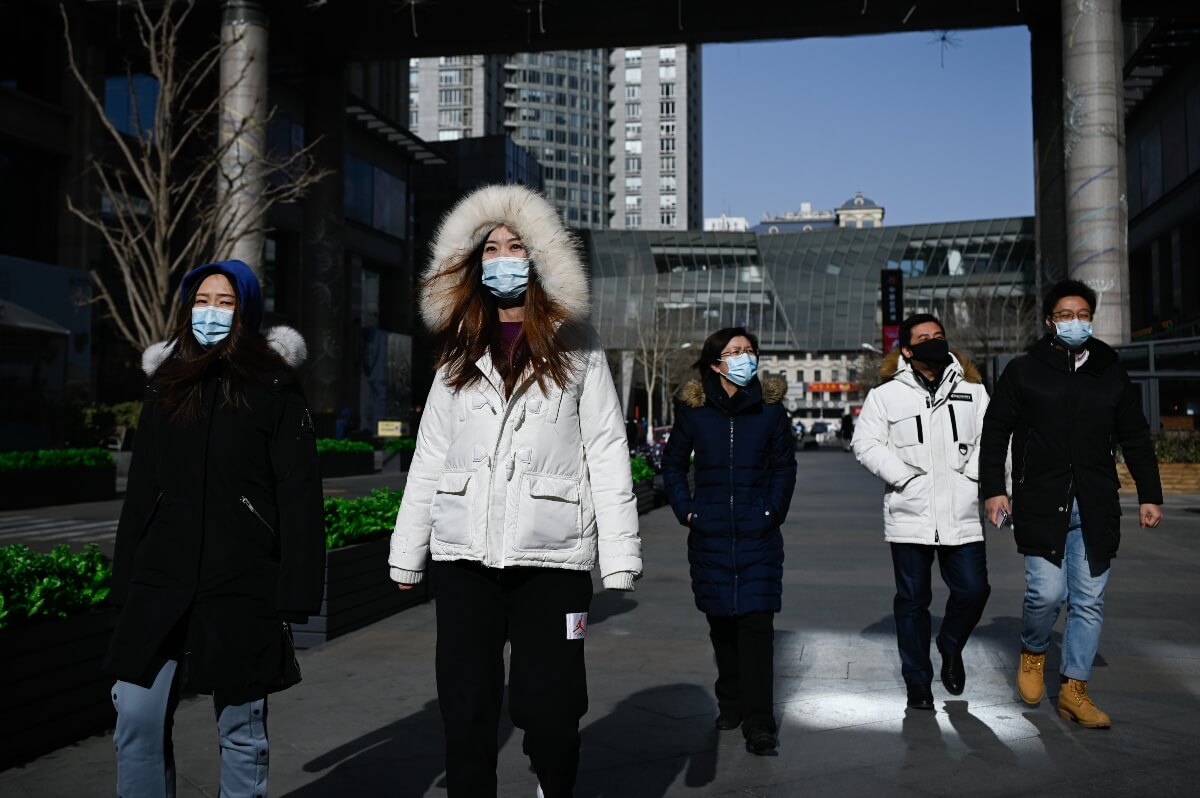
China’s drive to become a hub for international students will take a hit due to the experiences of students stuck outside China due to COVID-19 border closures, said an analyst familiar with the matter. International students continue to be frustrated by the country’s response regarding their return to the country, with a lack of clear timeline and communication from the authorities since their borders closed last year. Online campaigns calling for more support and clarity from the authorities have not yielded promising results.
The Lygon Group head of research Angela Lehmann drew parallels with the situation in Australia where international students still cannot return, with anger towards the Australian government rising. Like Australia, China closed its borders to returning students in March 2020. Those in the country during these early stages of the pandemic could remain if they chose to; those outside the country still cannot. “The Lygon Group has been monitoring the impact of border closures on students stuck outside Australia; however, we are also noting that the issues facing these students are resonating with students stuck outside China,” Lehmann tells Study International via email.
“The mental health and wellbeing of students stuck outside China are generally reaching dire levels. This is a crisis facing large numbers of young people, is largely silent and not being recognised by global media and governments,” explains Lehmann. Pakistan and India are two of China’s largest source markets — both are experiencing a rapid surge in COVID-19 cases, making the situation increasingly complicated for students who are now in a place that is less safe than the country they had planned to currently be in studying. “These students are reporting poor communication from institutions, a lack of response from China’s government, poor quality online courses and increasingly difficult and precarious financial positions,” says Lehmann.
Stuck outside China with long-term repercussions

International students want safety, a quality education and to be welcomed by the faculty, which they are currently not receiving. Source: Wang Zhao/AFP
China is growing as a popular study abroad destination — it is currently the third-largest receiver of students worldwide. As China drives to improve its higher education sector and build world-class institutions, it is also strategically building its own international education industry with almost 500,000 students studying there in 2018, said the migration and higher education expert.
How will the country’s response — or lack of response — to international students stuck outside China affect these ambitions? Will it fare better or worse than countries like Australia, with their long history of attracting international students? The answer is not so clear cut, according to Lehmann.
“China has a few levers for drawing in students that Australia does not utilise in the same way,” she says. Firstly, there are more generous scholarships for international students, attracting those without the financial means to go abroad. Secondly, China offers more funding for PhD students to join its increasingly world-leading research sector. Add experience and education in an Asian superpower nation, and international students are set to reap the advantages to build a global career.
“However, having said that, I do think that the reputation of China as a host for international students will take a big hit following the pandemic,” Lehmann cautions. “Students want safety. They want quality education. They want to be welcomed by the faculty. And be taken seriously. Our social media listening is showing that these are not happening and reputationally this is a disaster for China’s international education sector.”
Stuck outside China and unhappy with the quality of online learning
Next year will be my final year of MBBS. We understand the epidemic situation. But how I can be a good doctor by doing my experiments. Surgery online. This make me so hopeless fry my future and career. I also want to ask China will you give me job to treat your citizens with me https://t.co/vHrrfGeuLa
— dark heart 🖤 (@dar5512341) April 11, 2021
On Twitter, international students have been vocal about the poor quality of their online programmes and the challenges of learning in a different time zone. Remote PhD and medical students have complained about missing clinical experience and lab access for students stuck outside China.
“Online education has been a part of Australia’s higher education system in some way or other for a long time. While it hasn’t been utilised by as many, and in such generalised ways as it has in the last year, it has been there, and we have a strong edtech sector and an awareness by academics and teaching staff about using technology within learning and teaching,” says Lehman.
China does not have the same history of this relationship between technology and teaching. “China’s academic staff are often working long hours, with little support for professional development. This crisis has perhaps highlighted some of these issues. I suspect that the pandemic will push ahead of the development and uptake of online learning in China, but there needs to be related programmes of professional development and support for Chinese academics to engage with students studying remotely. It is a new field in China, and this is leading to serious problems for offshore students, particularly those in the sciences.”
She opined that moving forward, China would need to step back and think about the policy and economic motivations for developing an international education sector in the country. This would include ensuring that institutions are properly equipped in terms of human resources, support and access to technology as well as a focus on rebuilding trust with prospective students.










